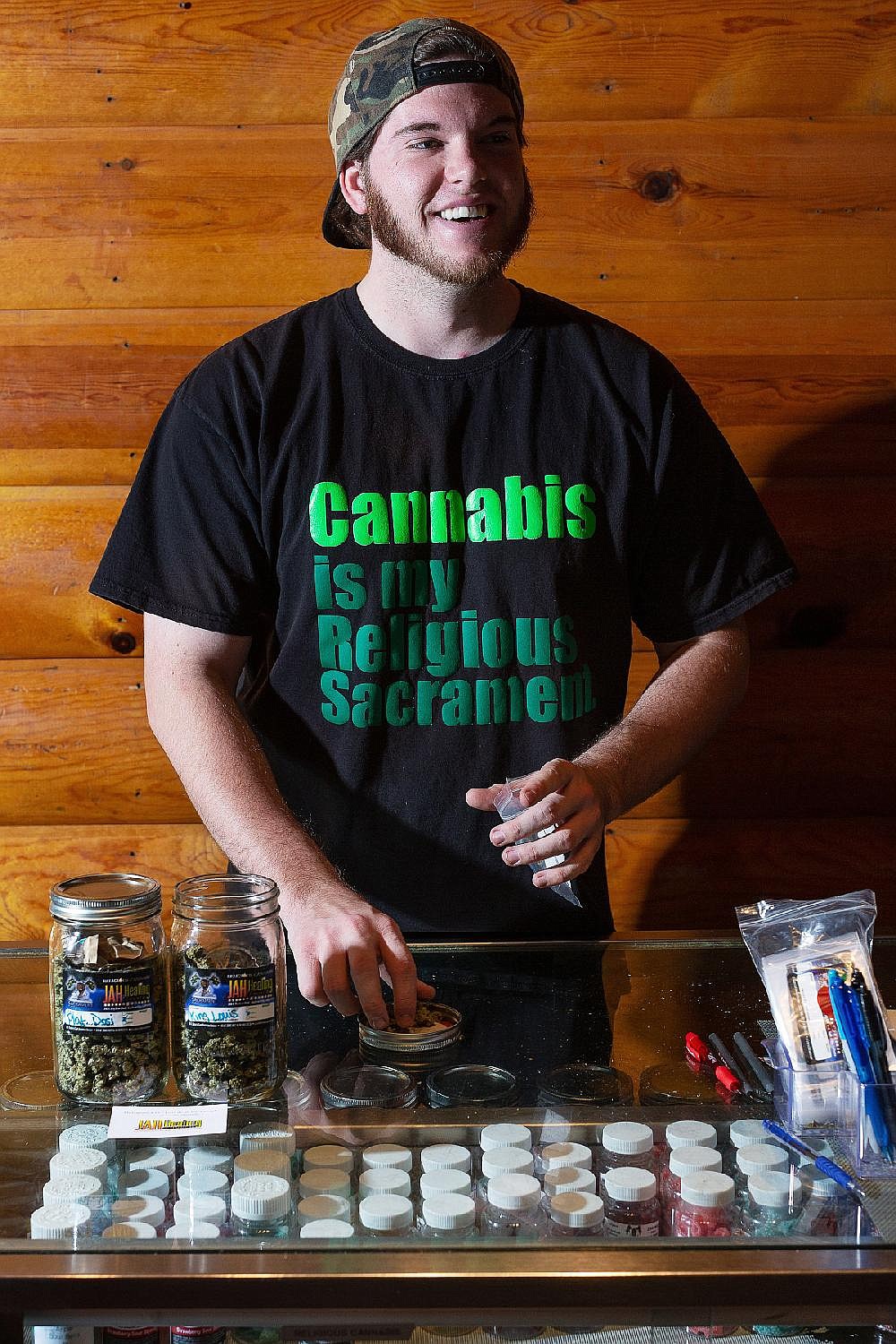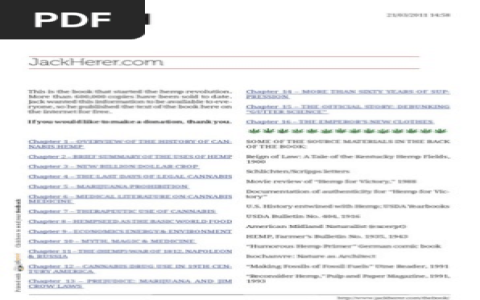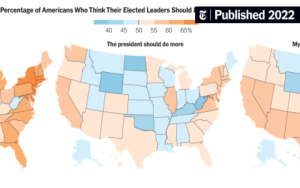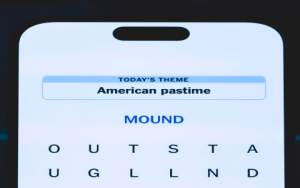The intersection of cannabis use as a religious sacrament and U.S. federal law remains a complex legal battleground. The Religious Freedom Restoration Act (RFRA) mandates that the government demonstrate a "compelling interest" and employ the "least restrictive means" when substantially burdening a person's sincere religious exercise.
Foundational Legal Precedent
This was applied to sacramental substances in Gonzales v. O Centro Espirita Beneficente Uniao do Vegetal (2006). The Supreme Court ruled in favor of a small religious group, the UDV, permitting their sacramental use of hoasca (a Schedule I substance containing DMT), finding the government failed to meet RFRA's strict test for prohibiting it.
Modern Application to Cannabis Sacraments
This precedent underpins contemporary claims by several religious groups, including:

- Rastafari: Whose sacrament of "ganja" is integral to their spiritual practice.
- Some Native American Traditions: Incorporating cannabis as a sacred medicine.
- Newer Congregations: Such as the Church of the Sacrament, founded specifically around cannabis sacrament use.
These groups argue that RFRA entitles them to an exemption from federal cannabis prohibition (Schedule I), mirroring the exemption granted to Native American peyote use for the Native American Church via legislative amendment (The Peyote Amendment).
Challenges and State Variations
Litigation continues. Key obstacles include:
- Proving the "sincerity" of religious belief.
- The government asserting broad "compelling interests" in combating drug abuse and enforcing uniform drug laws.
- Distinguishing the UDV's specific practices involving strict regulation.
- State-Level Legality: While federal prohibition persists, state-level legalization (medical or recreational) significantly changes the practical landscape for practitioners using cannabis sacramentally within those states. Religious exemptions within state medical marijuana programs also sometimes exist.
Ongoing Tension
The fundamental conflict persists: federal law flatly prohibits cannabis, placing an inherent burden on sincere religious practices requiring its use. Some congregations have achieved legal accommodations through lawsuits or administrative agreements (e.g., permitting limited cultivation and distribution for members), but a broad federal exemption akin to the Peyote Amendment remains elusive. The evolving public policy and legal environment regarding cannabis continues to shape this debate.











